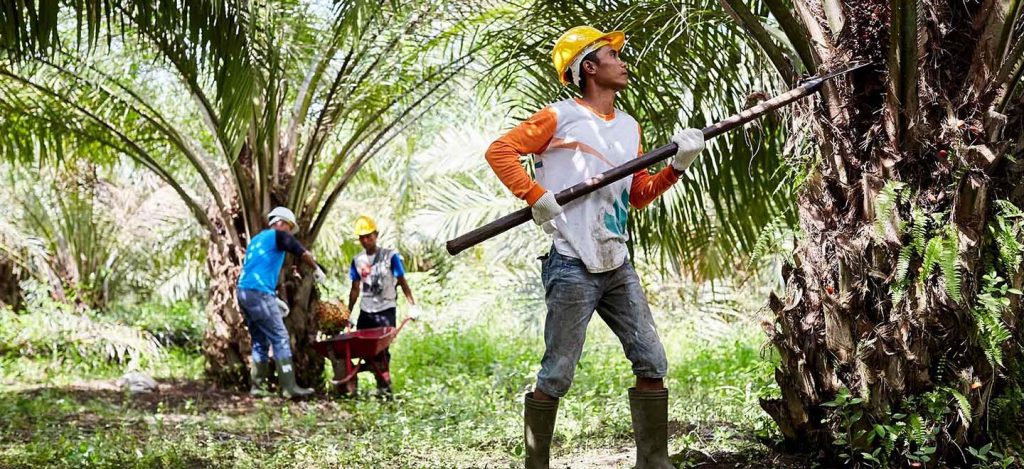
Tania Kahlon
Marketing and Communications Officer, CRB
Oil palm is an extremely efficient crop, producing more oil per land area than any other equivalent vegetable oil crop. It is also resistant to oxidation, thereby allowing products that contain it to have a longer shelf life. This makes it a vital ingredient for a host of products, ranging from food items to cosmetics[1].
Palm oil is used extensively in the Indian market, with India being the second largest user and the largest importer of palm oil, importing nearly 9.3 million metric tonnes annually, which is 19% of global palm oil imports[2]. However, few are aware of its complex supply chain, which is intertwined with environmental issues. Palm oil’s supply chain includes a variety of stakeholders ranging from oil palm producers, palm oil processors or traders, consumer goods manufacturers, retailers, banks, financial institutions and investors. Given these diverse stakeholders, some of the environmental issues that arise include deforestation and peatland destruction in the countries where palm oil is produced. With the high usage and dependency of palm oil, there is a need to move towards a sustainable supply chain, respecting the environment and local communities that depend on palm oil for their livelihoods.
Key stakeholders such as consumers, governments and companies have a crucial role to play in the sustainable production and use of palm oil. Businesses can contribute towards this by actively participating in action-oriented sustainability platforms such as the Sustainable Palm Oil Coalition for India (I-SPOC), which provides a forum to promote consumption and trade of sustainable palm oil and its derivatives and fractions in India across the supply chain through industry collaborations. They may also become members of the Roundtable on Sustainable Palm Oil (RSPO), which unites stakeholders from across the palm oil industry in order to develop and implement global standards for sustainable palm oil.
In addition to this, organisations must be encouraged to facilitate traceability and transparency in the palm oil supply chain by reporting on their sustainability practises and making public annual disclosures about their sustainability policies and actions. The companies should also work towards undertaking capacity building training for their employees, as well as their palm oil producers and suppliers, on the need for such practises, as it will also go a long way in encouraging no deforestation, no peat, no exploitation (NDPE) policies through certified sustainable palm oil. Lastly, consumers must demand more accountability from brands and companies so as to encourage them to work towards producing sustainable palm oil and make certified sustainable palm oil (CSPO) the norm. One way to do so is by taking The Better India pledge to ask brands to use CSPO for products which contain an ingredient of palm oil or its derivatives and fractions.













































































































